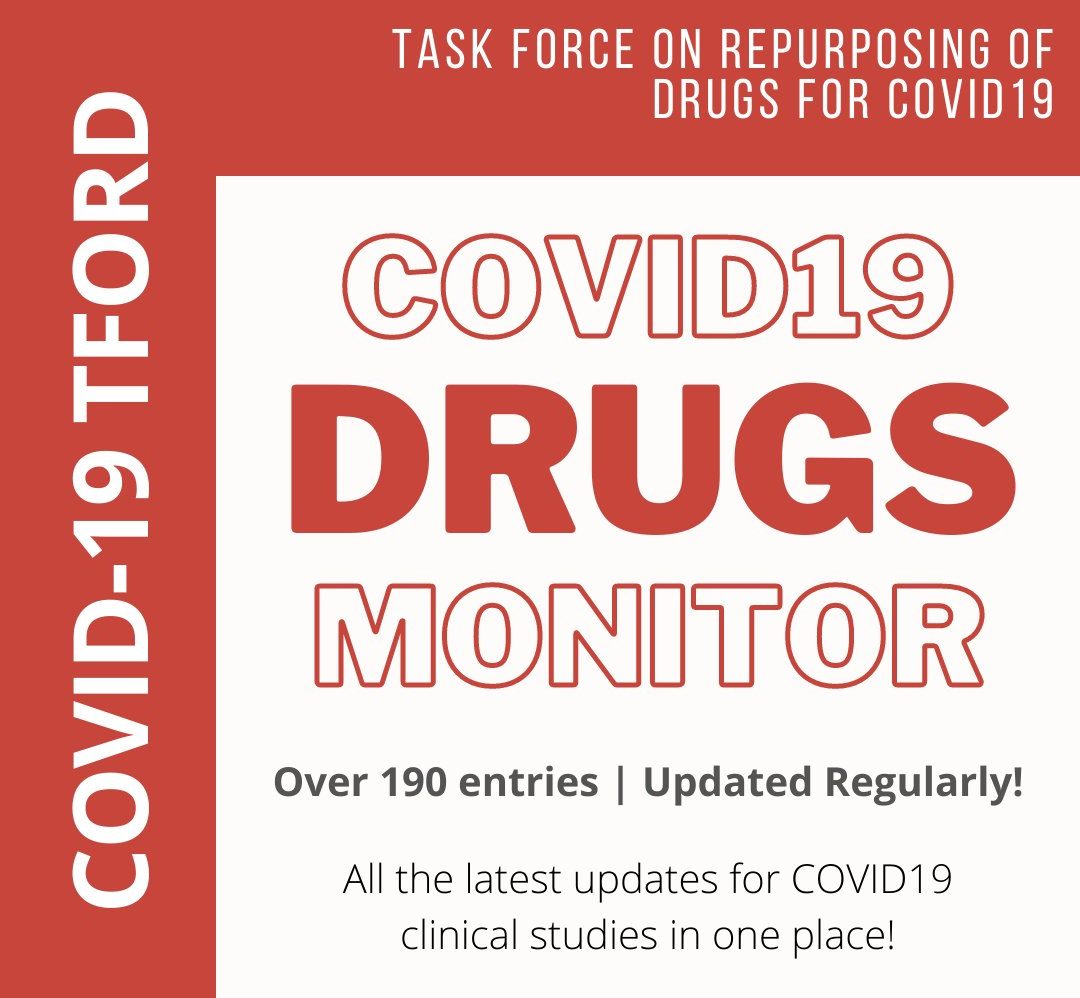(10 Aug 2020) Tocilizumab-TCZ-treated patients show no disease progression
Low-Dose Subcutaneous Tocilizumab to Prevent Disease Progression in Patients with Moderate COVID-19 Pneumonia and Hyperinflammation
https://doi.org/10.1016/j.ijid.2020.07.078
Ten consecutive patients (6 males, median age 55 years) treated with TCZ on top of SOC, and ten patients (6 males, median age 56 years) treated with SOC only were included. TCZ was well-tolerated, with no clinically relevant adverse events. TCZ was associated with a reduction in CRP at day 1 (-50%, IQR -28 to -80) and day 3 (-89%, IQR -79 to -96; P = 0.005 for within-group), whereas there was no significant change in CRP values in the SOC group (P < 0.001 for between-groups comparisons at both time points). TCZ resulted in a parallel improvement of oxygenation, as assessed by the ratio of partial pressure of oxygen to fraction of inspired oxygen (P/F) ratio, which increased at day 1 (+11%, IQR + 6 to +16; P = 0.005 for within-group, and P = 0.006 for between-groups comparisons), and day 3 (+23%, IQR + 16 to +34; P = 0.005 for within-group, and P = 0.003 for between-groups comparisons). None of the TCZ-treated patients had disease progression defined as requirement of oxygen therapy or mechanical ventilation, whereas progression occurred in 5 (50%) patients among the SOC group. Low-dose subcutaneous TCZ may be a safe and promising therapeutic option administered on top of SOC to prevent disease progression in hospitalized patients with moderate COVID-19 and hyperinflammation.
